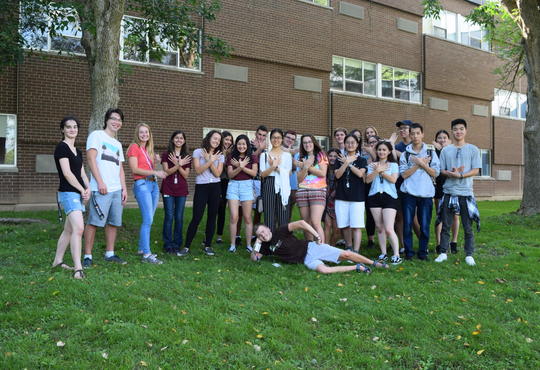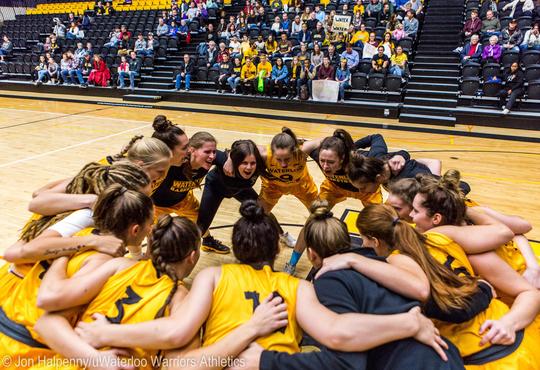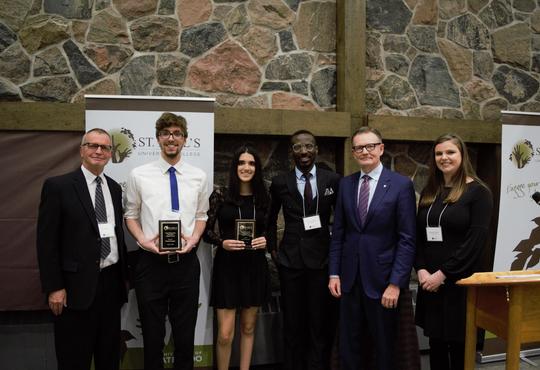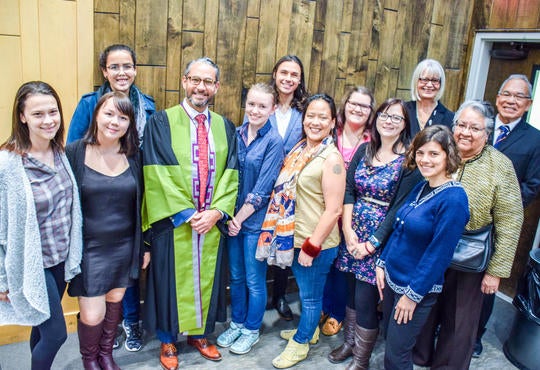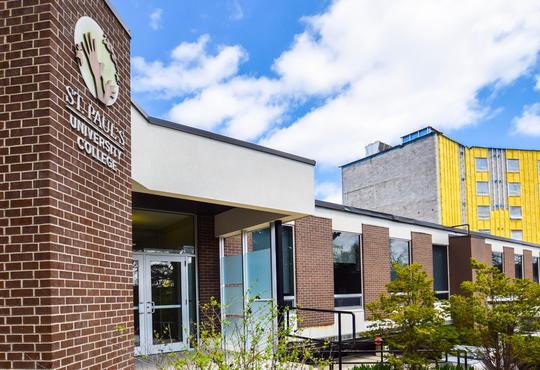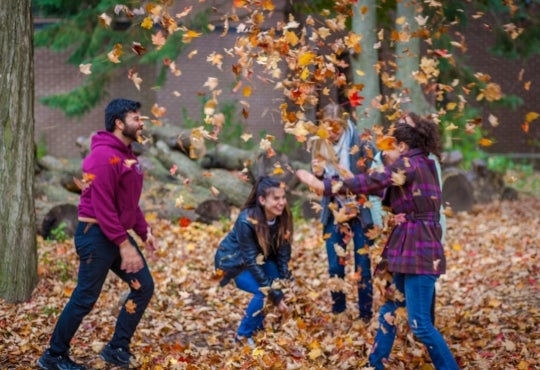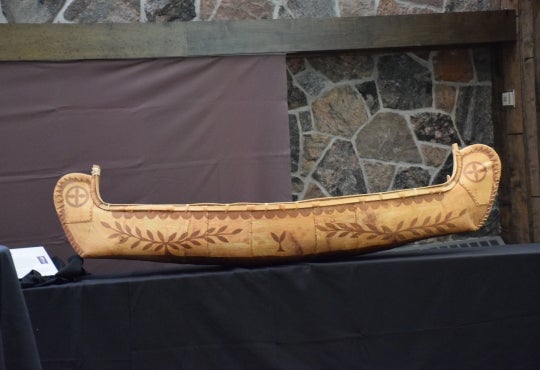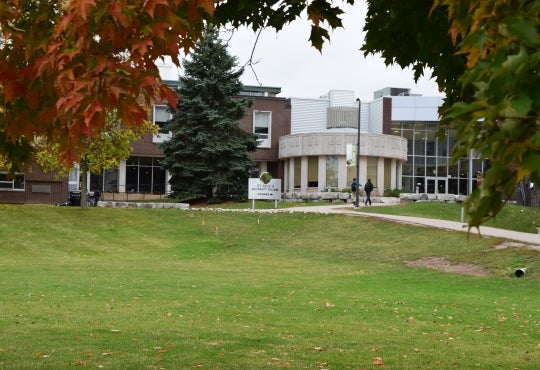Editor's Note
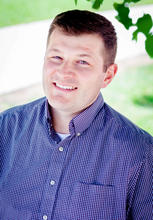 I love meeting interesting people and hearing their stories.
I love meeting interesting people and hearing their stories.
Some stories are funny, some are sad and others are heartwarming. Zahra Mahmoodi, who delivered the 2018 Stanley Knowles Humanitarian Service Lecture shared a story that is equal parts funny, sad and heartwarming and can rightfully be described as inspiring.
Born to Afghan parents in an Iranian refugee camp she defied the odds that were stacked against her by staying in school and developing a passion for a sport forbidden to girls. When her family returned to Afghanistan in 2004, she formed a national women's soccer team and became the first female in the country to obtain her FIFA coaching certificate.
Her achievements brought unwanted international attention to issues of gender equity and human rights abuses to a part of the world where violence is an all too common method of settling scores and ultimately she landed in Canada, a refugee once more.
Once again, she is defying odds, Zahra will soon complete her degree in International Development at University of Guelph and she works with Right to Play to help protect, educate and empower children around the world.
One great thing about working at St. Paul's and being part of the University of Waterloo is how frequently I hear inspiring stories. I am regularly inspired by our refugee students, by social innovators in GreenHouse, by Indigenous students discovering who they are and by alumni who give of themselves to preserve and enhance this amazing little community.
I do my best to share these stories in each issue of Community Notes and this one is no different. I hope you will enjoy it as much as I have enjoyed putting it together.
Stephen Loo
Director, Advancement and Alumni Relations
P.S. If you want to share an inspiring story or you are inspired by our work and want to get more involved please connect with us by email at stp.alumni@uwaterloo.ca
Message from the Principal
 Dear alumni and friends,
Dear alumni and friends,
When St. Paul’s was built in the early 1960s, it was designed to accommodate approximately 50 female students in the East Wing and 100 male students in the West Wing. Those proportions made sense at the time as the majority of university students in Canada were male. These days, approximately 60% of all undergraduate students are women and women constitute a strong majority of the undergraduate population at almost every university in Ontario. The only institution at which men remain in the majority? The University of Waterloo, with 53%.
One way that St. Paul’s is trying to “shape the world” around it is to take meaningful steps to promote gender equity in select areas. You may recall from the Spring 2017 issue of Community Notes that St. Paul’s now hosts a Women-in-Engineering Living-Learning Community as a way of supporting female students in one of the faculties where they have been substantially under-represented.
In this issue of Community Notes, you’ll learn about other gender-equity initiatives at St. Paul’s. There’s a nice feature article that links our most recent Stanley Knowles Lecture to a new initiative that promotes gender equity in varsity sports. Waterloo Athletics works extremely hard to ensure equitable treatment of male and female varsity athletes, but high-profile male teams like football and hockey tend to attract more public attention. St. Paul’s is now trying to offset that general social bias by providing direct support to one of the female varsity teams.
You’ll also find that, as is often the case, the GreenHouse section is largely devoted to stories about female entrepreneurs. Entrepreneurship is a big part of the Waterloo identity and mission, but it’s a space that tends to be very male-dominated. As you’ll see, GreenHouse is bucking that trend by training and supporting many exceptional female entrepreneurs.
Thank you for your continued interest in St. Paul's, I hope we will see or hear from you soon.
Richard Myers



